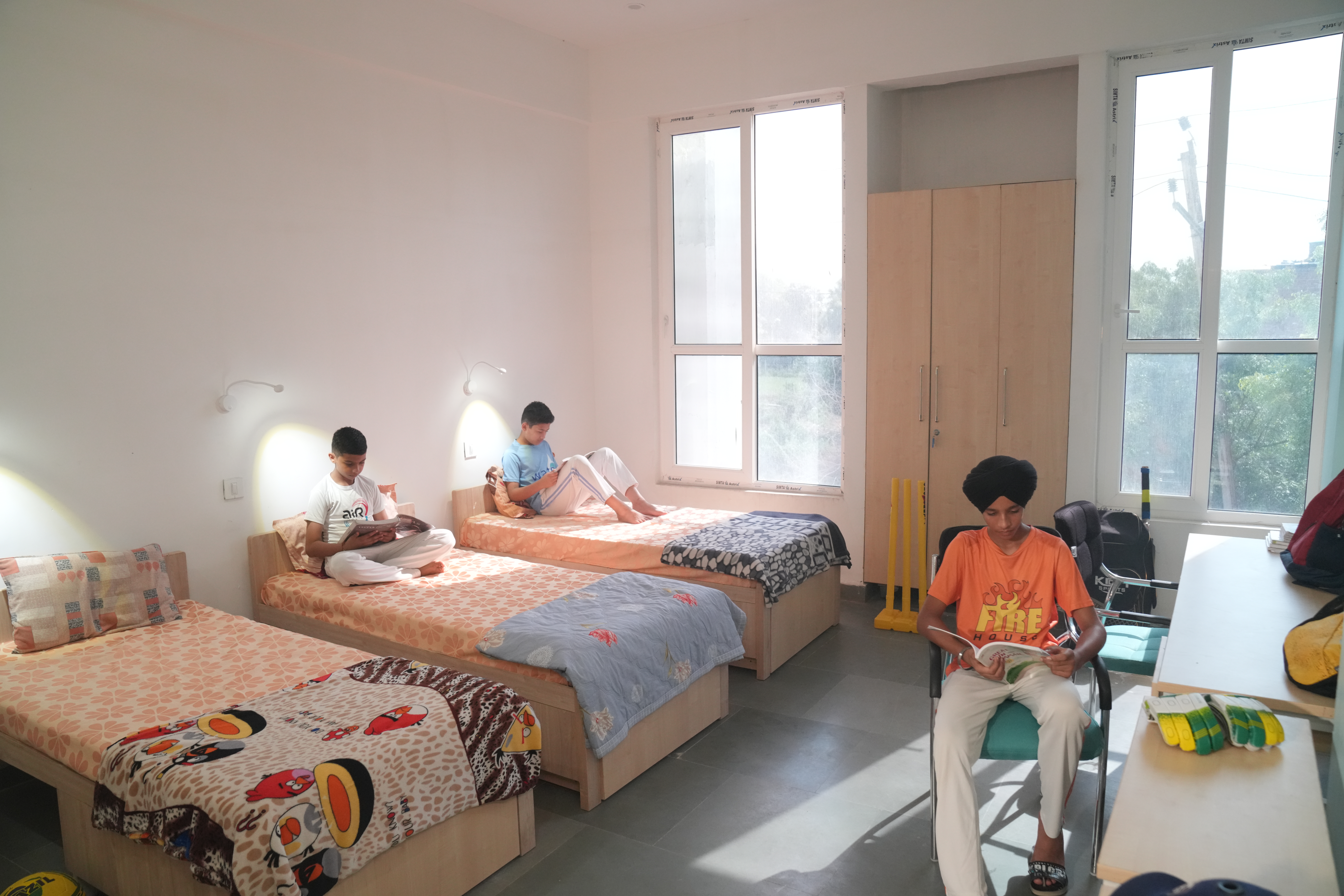Choosing the right educational path is an important decision parents can make for their children. Academics are pretty valued in India, so many parents prefer boarding schools to give their children a more comprehensive, disciplined, and all-rounded education. Residential education provides a unique environment that blends rigorous academics, personal growth, and life skills development. Advantages from a residential education do extend beyond the classroom and prepare students for a bright future. So, let’s explore why attending a boarding school, especially some of the best schools in India, might become a great choice for many families.
1.Academic Excellence and Focused Learning
The promise of academic excellence forms one of the primary reasons parents choose boarding schools for their children. Of late, Indian boarding schools have clearly come out as winners among the best when it comes to strong academic programs, encouraging critical thinking and problem-solving while inculcating intellectual curiosity. With this setting of class sizes and a dedicated teaching staff, students are able to thrive better academically.
Boarding schools also have a structured academic schedule, leaving out distractions that students might be exposed to outside the school environment. Without the stress of commuting and other distractions of the outside world, more time is left to devote to academic studies. In addition, boarding schools offer access to world-class libraries, laboratories, and modern technology used to facilitate the learning process.
In most top schools of India, not only are students prepared for competitive exams, but they are also motivated to study about anything and everything in further depth. Such exposure to advanced learning opportunities develops a passion for knowledge beyond merely classroom lectures.
2.Independence and Responsibility
Separation from family life in boarding schools helps children gain a level of independence and responsibility difficult to gain in an ordinary school setting. The child has to manage time for themselves, attend to personal needs, and make decisions without the direct involvement of their parents. This offers more character building in personal resilience and maturity.
The daily structure of the boarding school balances academics, chores, and various extracurricular activities. It is at the same time teaching them to take responsibility for their actions, from following homework assignments to managing their hygiene. Such experiences help shape children into confident and self-sufficient human beings.
Top schools in India, while emphasizing the fostering of independence, are at the same time there to provide guidance through mentors and housemasters, who will guide and supervise students to guarantee the maximum outcome for the children: growing up as independent individuals empowered to take charge of their own lives while also being guided toward success.
3.Development of Social Skills and Emotional Intelligence
A boarding school provides excellent ground for students to develop sound social skills. The interaction between diverse cultural backgrounds and residence with peers encourages students to interact, collaborate, and make friends. In this small society, children learn how to navigate social dynamics, build teamwork, and resolve conflicts constructively.
This also forms a basis for emotional development in the environment within boarding schools. Students are not always exposed to their parents since they dwell away and eventually learn how to cope with their homesickness, stress, and need for emotional support. Relations that students form with their peers, as well as teachers and mentors, are essential to emotional intelligence in both personal and professional success.
In the top schools of India, a well-developed emotional and social support system is usually in place. The support staff and teachers of the boarding school act like mentors that help students manage their emotions and guide them through difficult situations, ensuring a holistic upbringing of children.
4.Exposure to a Holistic Education
Boarding schools provide an all-rounded education that becomes not necessarily just academic. Away from classes, a student is encouraged to participate in extracurricular activities, including sports, arts, music, drama, and other leadership programs. This helps students find hidden talents, improves their creativity, and affects skills such as teamwork and leadership.
Top boarding schools in India are known for their commitment to holistic education. Students are exposed to a variety of experiences that help shape their personality and character. They participate in cultural events, community service, and social initiatives, which encourage a well-rounded worldview and a sense of responsibility toward society.
Sports, in particular, are given great importance in boarding schools. Students can participate in a variety of sports, learning discipline, focus, and teamwork. Physical fitness is promoted alongside intellectual development, creating balanced and capable individuals.
5.A Global Perspective
Boarding schools attract students from all corners of the country and, in some cases, even globally. This diversity fosters a multi-cultural atmosphere in which youngsters learn to appreciate perspectives, cultures, and ways of living so as to increase their long-term comprehension of the world and assist them in becoming global citizens.
Many of the best schools in India have exchange programs, international partnerships, and global exposure through events like Model United Nations conferences or international sports meets. It thus prepares students for the challenges of a connected world and helps them become adaptable, open-minded, and globally aware individuals.
6. Conclusion
Residential education offers multiple benefits beyond mere academic learning. Boarding schools, in particular, the best schools in India, provide an environment of care and discipline that helps a child grow personally, academically, and as a social being. Students take back from boarding school not only a solid education but also independence, emotional intelligence, and the ability to survive in the real world. Whether it is developing leadership skills, learning how to manage time well, or learning to live with other people, boarding school provides the right atmosphere that would propel children to become well-rounded, confident individuals who are equipped to tackle life’s challenges.


No Comments Yet